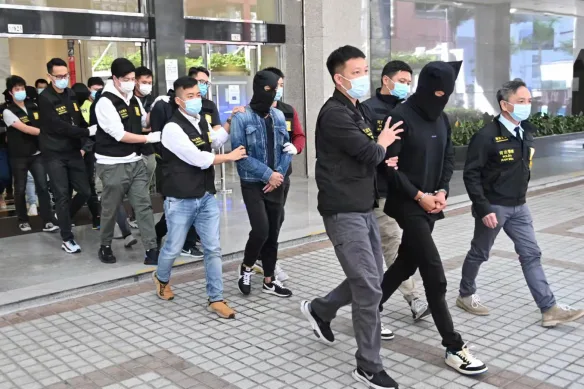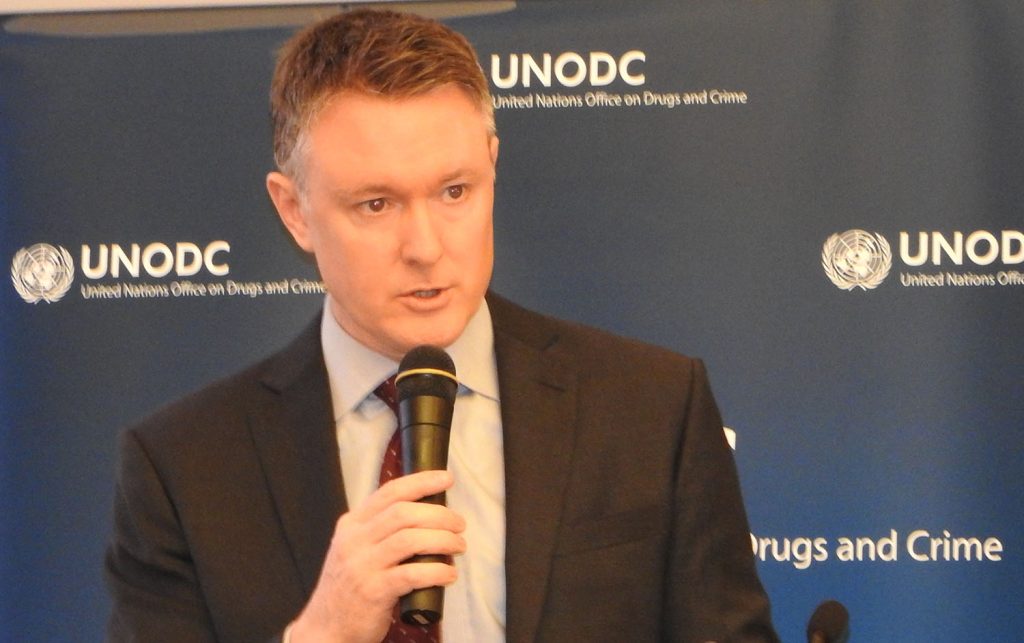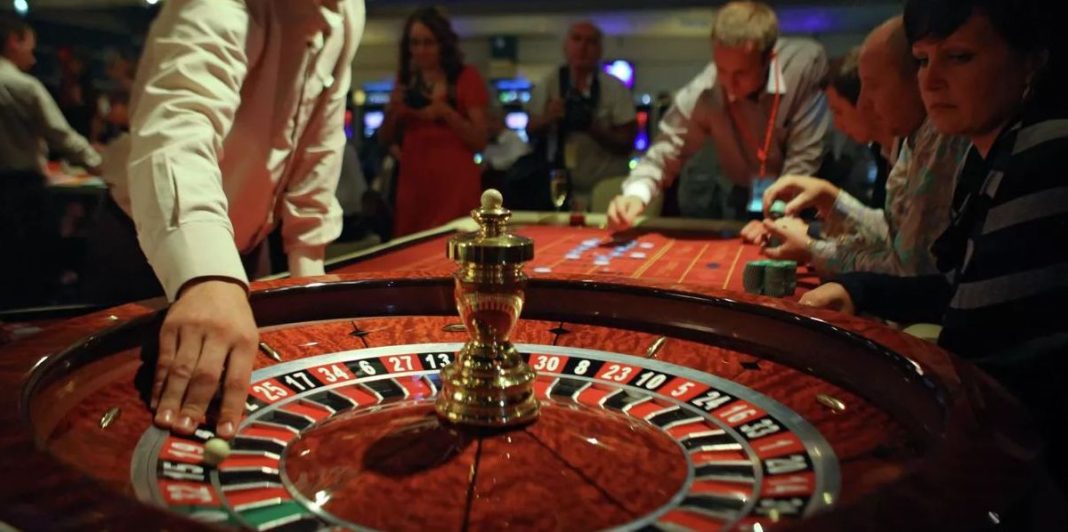The convictions of the heads of Suncity and Tak Chun, the two largest junket operators in the Macau SAR, has had a “massive impact” in Southeast Asia as VIP gaming promoter networks shifted operations to countries within the region, the Regional Representative of the United Nations Office on Drugs and Crime (UNODC) for Southeast Asia and the Pacific told Asia Gaming Brief.
After being arrested at the end of 2022, Macau’s former “junket king” Alvin Chau Cheok-wa was sentenced to 18 years in jail after being convicted of 162 charges of fraud, illegal gambling, and criminal association. A similar fate soon fell on Levo Chan, CEO of Tak Chun, who was shortly-after sentenced to 14 years in prison for similar charges.
In an interview with AGB, Jeremy Douglas pointed out that junkets with “known organized crime connections” such as Suncity and Tak Chun started relocating operations to Southeast Asia as a result of law enforcement pressure and oversight reforms in Macau.
“The impact in Southeast Asia of the shift of operations and the convictions has also been massive. The junkets with online casino operations – including the former Suncity – moved into Cambodia, Laos, the Philippines, Vietnam, and some into armed group border territories of Myanmar. The more ruthless have expanded or diversified into cyber scams and crypto fraud,” noted the UN representative.

“IT IS NO LONGER THE CASE THAT ANYTHING IS POSSIBLE IN MACAU”.
Jeremy Douglas, UNODC
“The convictions of Alvin Chau and Levo Chan sent an unmistakable signal to the junket industry. It is no longer the case that anything is possible in Macau, and the darker parts of the underground banking business are no longer welcome – or less so.”
Douglas functions include overseeing and managing operations and strategy from Myanmar to the Pacific in the areas of the rule of law, non-traditional security threats, law enforcement, criminal justice and drug-related supply and health issues.
He is also the UNODC liaison to China, Korea, Japan and Mongolia and to regional organizations including the Association of Southeast Asian Nations (ASEAN) and the Pacific Islands Forum Secretariat (PIFS).
Evolving with the times
For the UN representative, the casino and online gaming landscape in Asia shifted profoundly to Southeast Asia in 2016-2017 and a “significant part of the underground banking system catering to organized crime went with it”, a shift that “very few people picked up on” at the time.
“Online casinos run by the big junket operators like Suncity have very clearly been used for years for credit settlement and to disguise proceeds of crime. Smaller Macau and regional junkets and online platforms have been acting as feeders and customer referral agents. What we are looking at now is a range of innovative, digitized systems and infrastructure capable of moving and laundering massive volumes of state backed fiat currencies and cryptocurrencies undetected. And online casinos and junkets represent a critical pillar of that infrastructure,” Douglas mentioned to AGB.

Authorities in Singapore have recently arrested 10 people and seized assets including properties and luxury cars worth about SG$1 billion ($737 million) as part of an investigation into a suspected money laundering ring. The group is suspected of laundering proceeds from “overseas organised crime activities including scams and online gambling” with the detainees connected to criminal and gambling groups in mainland China and Cambodia.
For Douglas such large-scale law enforcement operations “shouldn’t be looked at as one-offs” with more to come.
“A number of groups are on the move. The connections to laundering money from different transnational organized crimes has been explicit. The expansion of the illicit economy in Southeast Asia and particularly the Mekong necessitated a fundamental revolution in the underground banking architecture of the region. The synthetic drug business expanded at the same time the junkets pushed into the region, and the connections and benefits each derived from the other are clear – they in effect helped each other expand,” Douglas told AGB.
A recent report by the UNODC warned that the synthetic drug market in East and Southeast Asia is diversifying, with high volumes of methamphetamine continue to be produced and trafficked in and from the region while the production of ketamine and other synthetic drugs has expanded in 2022.























